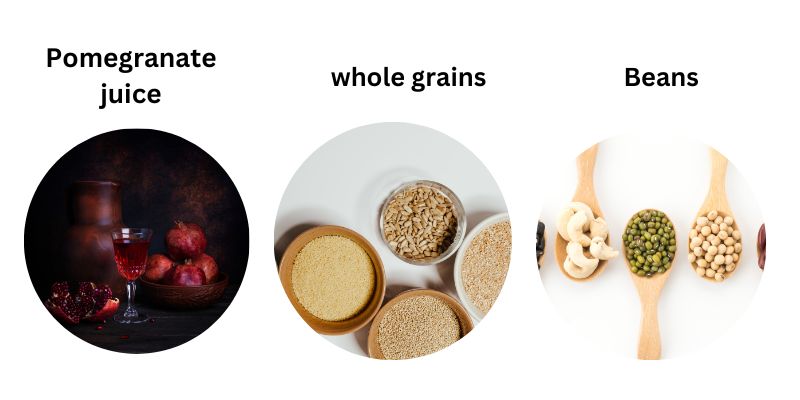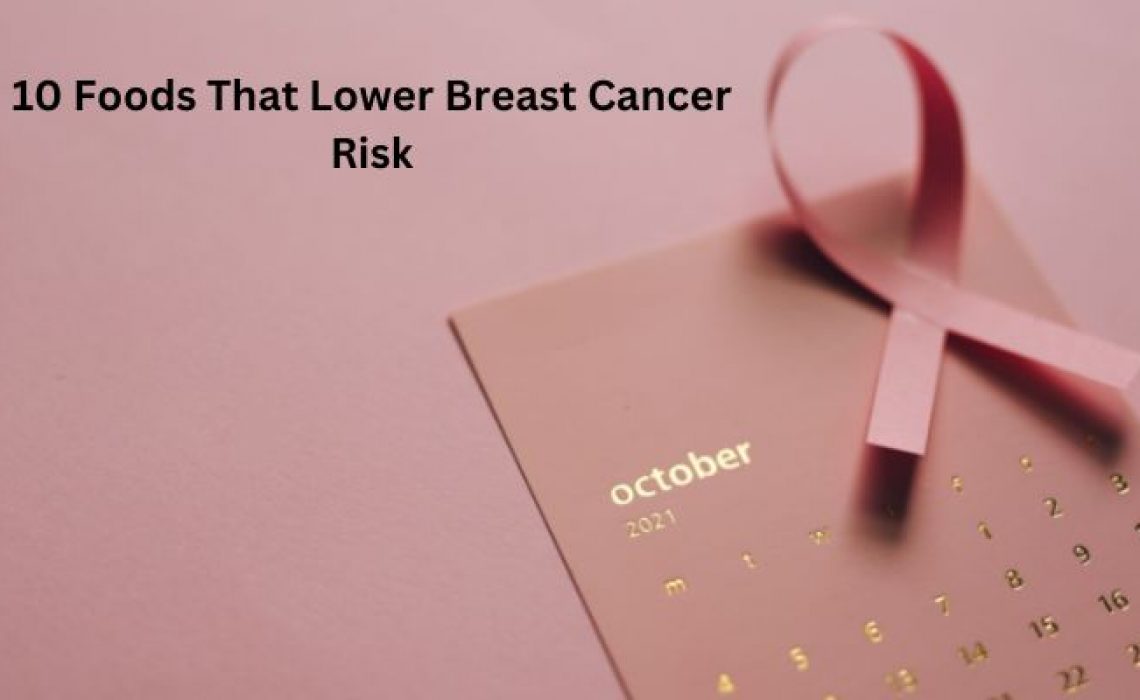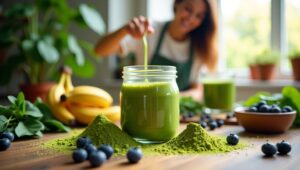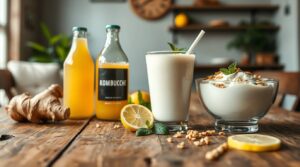Risk of Breast Cancer: The most frequent malignancy in women is breast cancer. Although it can affect anyone, there are things you can do to reduce your risk of getting it.
Eat healthy foods like fruits and vegetables daily to reduce the risk of developing this disease.
Table of Contents
ToggleFoods that can lower your risk of breast cancer
Keep in mind that a variety of circumstances cause breast cancer. While a healthier diet can improve your general health and lower your cancer risk, it is only one piece of the picture.
Even if you eat a healthy diet, you should still have regular breast cancer screenings, such as mammograms and breast exams. Finally, early identification and diagnosis significantly improve survival. Consult your physician about breast cancer screening options..
However, studies show that some meals can reduce your risk of developing the disease.
Ingesting These 10 Foods May Reduce Your Risk of Breast Cancer.
The following foods have been demonstrated to prevent or lower the risk of breast cancer:
1. Leafy green vegetable
Green, leafy vegetables are an excellent superfood to include in your diet if you want to lower your risk of breast cancer. They are high in antioxidants and fibre, which help keep the body healthy.
One of the things that makes veggies so delicious is their high vitamin K content, which is related to strong bones and lowering the risk of osteoporosis. Vitamin K is also crucial in the body’s blood clotting mechanism.
These vegetables are best eaten fresh or lightly cooked for about ten minutes until soft. Then serve it hot or cold, alone or with meat or fish, pasta, or your favourite carbohydrate.
- Kale
- Mustard green
- Arugula
- Chard
- Spinach
2. Cruciferous vegetables
such as cabbage, cauliflower, and broccoli may help lessen the risk of breast cancer. (1)
Cruciferous vegetables include glucosinolate chemicals, which the body can convert to isothiocyanates. They have a high anti-cancer potential.
A study of 1,493 women in southern China found that eating more cruciferous vegetables was associated with a decreased risk of breast cancer. (2)
3. Fatty Fish
It is one of the best sources of omega-3 fatty acids, which may help reduce the risk of breast cancer. Fish rich in omega-3 include salmon, tuna and mackerel.
Studies show that women who consume a lot of these types of fish have a lower risk of breast cancer than women who do not do so. Omega-3 fatty acids may also help reduce inflammation in the body by reducing natural inflammatory chemicals called cytokines. (3)
4. Fermented foods
You can get probiotics and other nutrients in fermented foods like kimchi, miso, sauerkraut, and yoghurt, all of which may offer protection against breast cancer.
A 2015 literature review of 27 studies linked the consumption of dairy products, including fermented milk products such as yoghurt and kefir, to a lower risk of breast cancer in Western and Asian populations. ,
Test-tube studies and animal studies suggest that this protective effect is related to the immune-boosting effects of certain probiotics. (4)
5. Citrus fruits
Citrus fruits are a good source of vitamin C, a powerful antioxidant that may help prevent cancer. Vitamin C also helps your body absorb iron, which is another important nutrient for reducing breast cancer risk.
Citrus fruits are eaten raw because they contain more nutrients than ripe fruits.
- Oranges,
- Tangerines (tangelos),
- Lemons,
- Limes
- Grapefruits.
6. Pomegranate juice
Researchers have found that drinking pomegranate juice can help lower a woman’s chance of developing breast cancer. The reason is: Ellagic acid and antioxidants are abundant.
Because it is present in all cells and does not degrade like other antioxidants, pomegranate’s antioxidant concentration is exceptionally potent. Pomegranate juice has been shown to lower cholesterol, blood sugar, and cancer risks.
Pomegranate juice has been shown to raise HDL (good) cholesterol and decrease LDL (bad) cholesterol when consumed regularly (LDL)

7. Barries
Regular consumption of blueberries may help reduce the risk of certain cancers, including breast cancer.
Antioxidants in blueberries, including flavonoids and anthocyanins, protect against cell damage and the growth and spread of cancer cells.
Specifically, a previous 2013 study of 75,929 women linked high consumption of blueberries and blueberries to a lower risk of estrogen receptor-negative breast cancer.
8. Beans
Beans are an excellent source of dietary fibre, numerous essential nutrients, and a variety of essential minerals. Particularly beneficial is the high fibre content, which may reduce the risk of breast cancer.
A high bean diet was associated with a 20% lower chance of developing breast cancer, according to a study of 4,706 women.
Bean eaters in a study of 1,260 Nigerian women had a 28% decreased chance of developing breast cancer compared to those who ate the fewest beans. (5)
9. Seasonings and herbs
There is some evidence that the plant components found in herbs and spices can help protect against breast cancer.. These antioxidants are vitamins, fatty acids and polyphenols.
Among the antioxidants found in oregano include carvacrol and rosmarinic acid. A test-tube study in 2017 showed that these antioxidants have significant anti-cancer effects on aggressive breast cancer cell lines.
Curcumin, the main active compound in turmeric, has also been shown to have significant anti-cancer properties, as has apigenin, a flavonoid concentrated in parsley.
Since many other herbs and spices also have strong anti-cancer effects, it’s a good idea to include a variety of thyme, curry, and ginger in your diet.
10. whole grain
Whole grains such as wheat, brown rice, barley, quinoa and rye contain many important nutrients, including fibre, vitamins, minerals and antioxidants.
In addition, they may have effective anticarcinogenic properties.
In fact, a 2016 study found that eating at least seven servings of whole grains a week significantly reduced the risk of breast cancer in women.
Another study of 10,812 middle-aged women found that high-quality carbohydrates, such as whole grains, increased the risk of breast cancer over a 12-year period.
In addition, other studies have shown that adding whole grains to your diet can help prevent several other cancers, including pancreatic, colon, stomach, and esophageal cancers. (6)
Conclusion
Breast cancer can occur at any stage of life. While it can’t be changed, you can certainly do everything you can to prevent its spread and the damage it can cause.
A healthy lifestyle that encourages healthy choices can improve the quality of life and thereby reduce the risk of disease.









